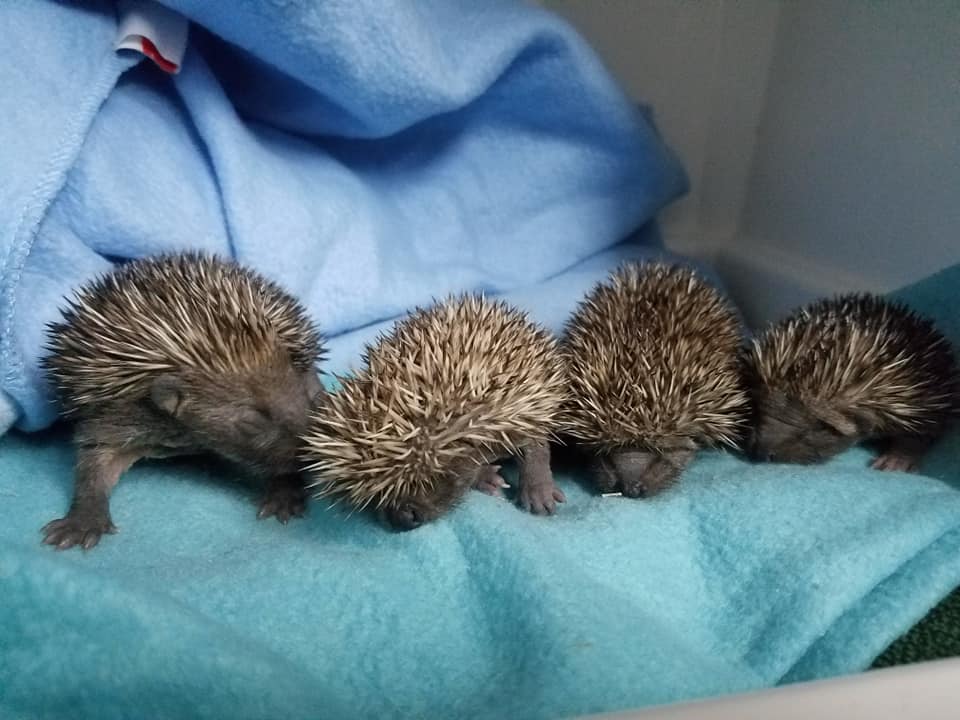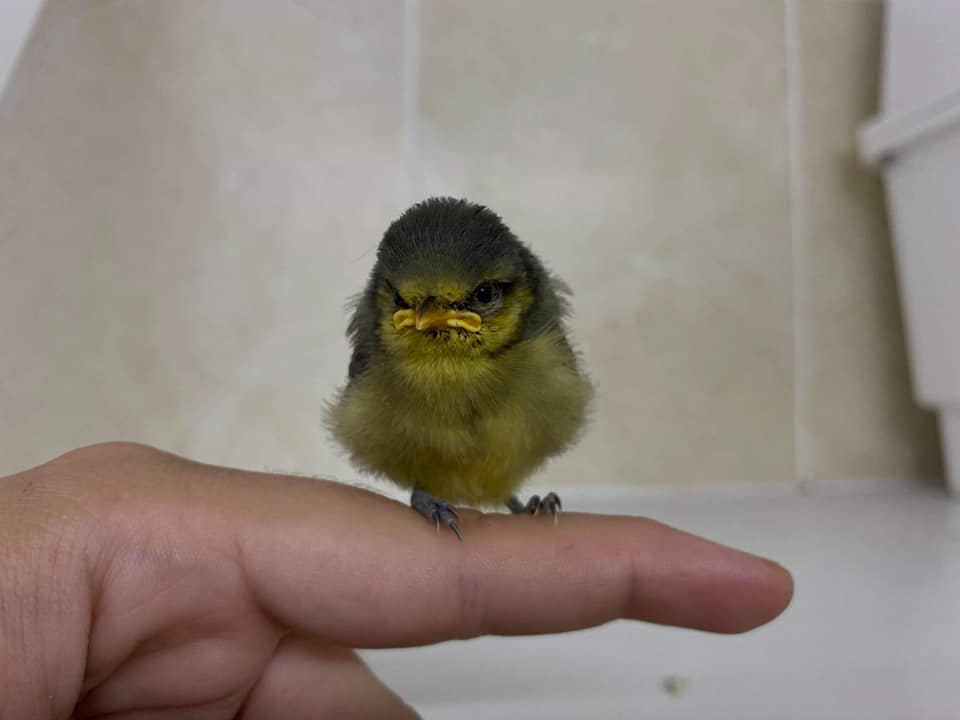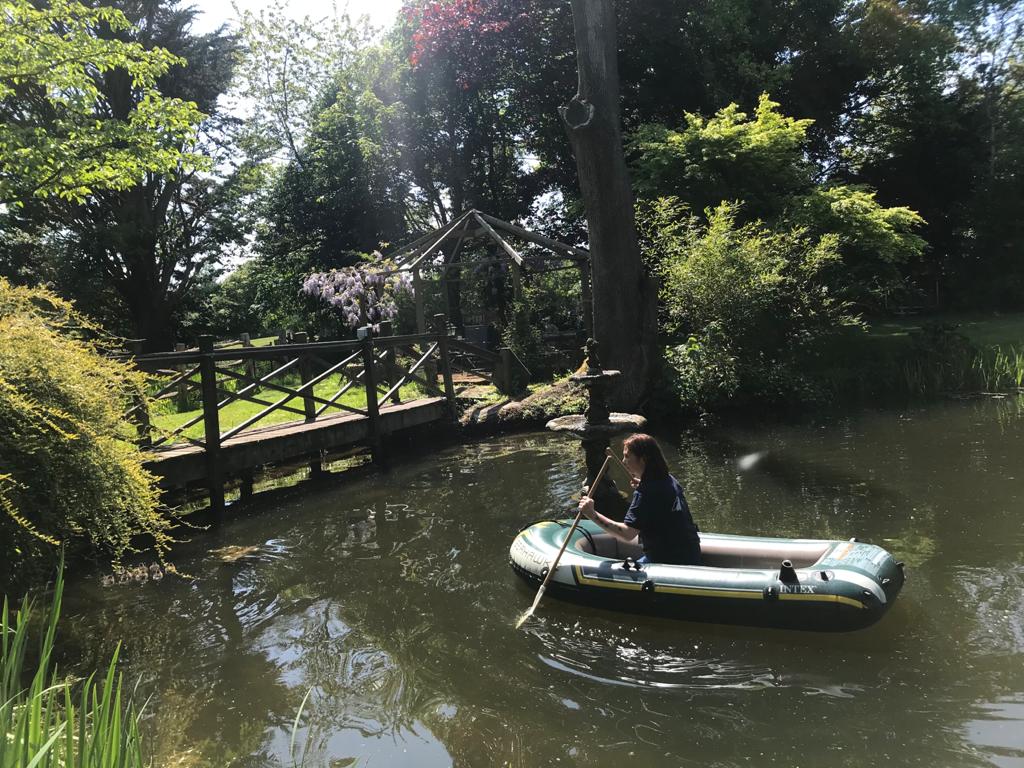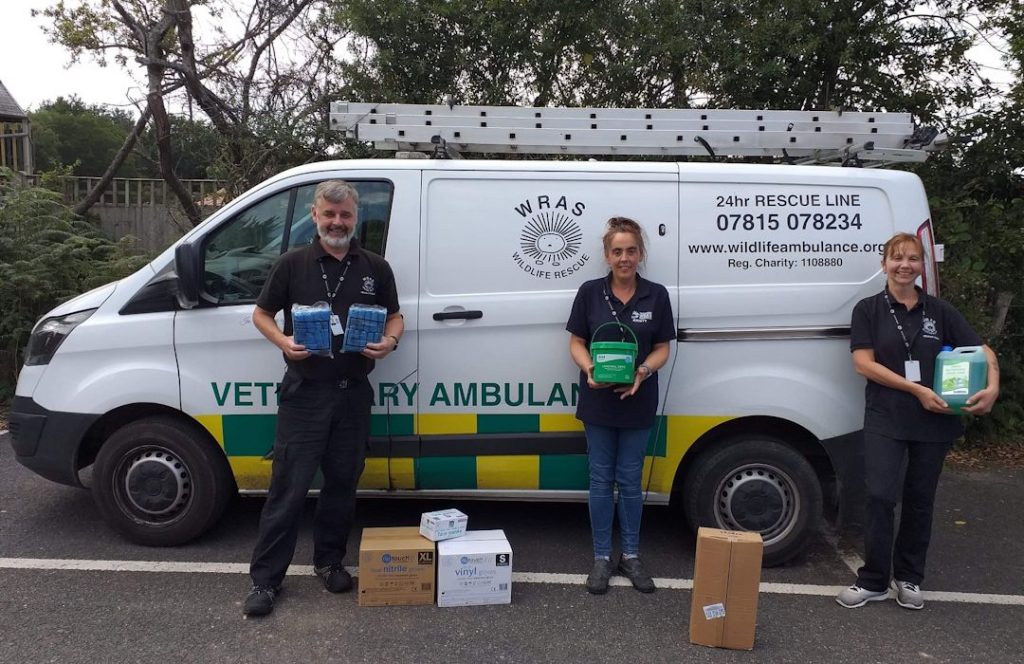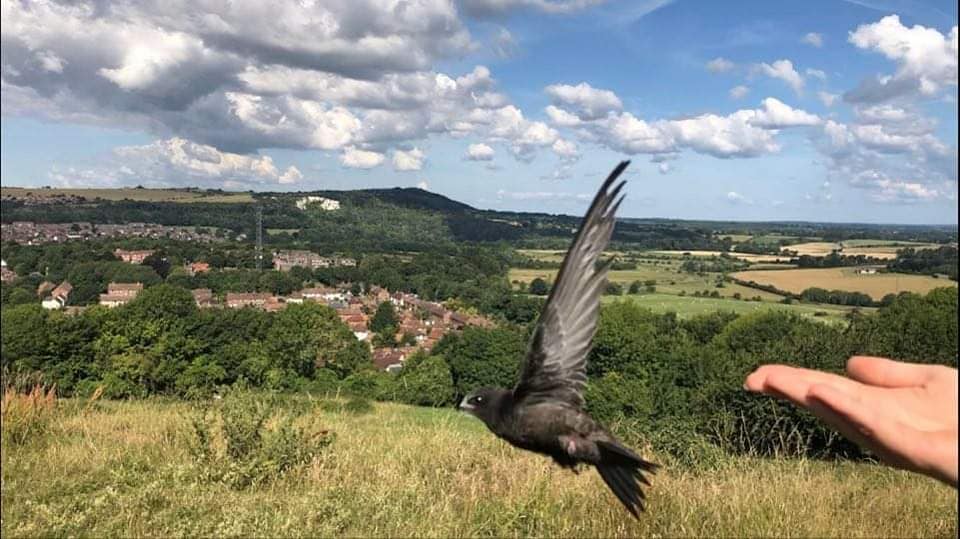East Sussex Wildlife Rescue & Ambulance Service has seen a record breaking year for casualties being rescued or treated via its base at Whitesmith, near Lewes.
“May and June saw WRAS deal with over 800 incidents each month, over 200 more than the same period in previous years. That’s our busiest season by a long way!” said WRAS founder Trevor Weeks MBE
The charity is predicted to deal with over 4000 incidents in 2020. “The busy spring and summer season started earlier than normal due to the mild winter and good weather in spring, meaning May saw us deal with over 841 incidents in comparison to the previous high of 562 in May 2018. June we dealt with over 874 incidents which is 203 up on previous high of 671 dealt with in June 2018. These figures are not 100% complete yet either, we still have more records to add to the database” added Trevor.
WRAS has seen the following significant changes this year compared to previous years:
- Double the normal number of baby birds in May as the baby bird season started over 3 weeks early due to the mild weather.
- Confirmed cat attacked casualties doubled in July.
- Confirmed dog attacked casualties trebled in May.
- Casualties attacked by an unconfirmed predator also trebled in June.
- Casualties admitted after hitting windows more than doubled in July.
- Calls to disorientated casualties rose by 5 times above usual levels as people were home noticing the unusual behaviour.
- Hedgehogs reported after being seen out during the day almost doubled in June and July.
- Wild animals and birds being reported as trapped in drains, pipes and holes were 6 times higher between April and August compared to previous years.
- However the number of road casualties for the year is over 50 lower than this time in previous years.
With the coronavirus restrictions in place, we had to stand down virtually all of our volunteers, to greatly reduce the risk of the virus entering our hospital and closing us down. Staff at WRAS were classed as key workers and had to prioritise casualty care, leaving rescue teams and administration short. Many of the roles undertaken by volunteers like casualty up-date calls had to be put on hold initially during the lockdown. This has caused a huge back log of calls for the charity to return.
“Luckily we had a few volunteers who were furloughed and after assessing the risk and number of people outside of WRAS that they would be coming into contact with, they started helping out, many working several days a week at our hospital, without them we would have had to close our doors” explained Trevor.
“Our volunteer rescue teams were decimated as a result, meaning some types of rescues we struggled to deal with, and had to give advice over the phone to help people deal with situations themselves, like birds fallen down chimneys. On other occasions trained rescuers had to suit up in protective overalls and other PPE to deal with casualties inside homes” explained Trevor.
WRAS believes the number of casualties has increased primarily due to so many people being furloughed and at home. “People would normally be at work and not see the casualties in their gardens which would otherwise have been found dead on the homeowners return from work. People have stopped and called after seeing a casualty which otherwise they may not have noticed because they were so focused and rushed. In addition people have been getting out and walking more and spotting casualties” explained Trevor.
“Our staff and volunteers deserve medals! I have never seen such a dedicated bunch of people work so hard in my life. It’s an honour to work with such dedicated and committed people, it’s quite inspirational. The season is starting to quieten down now, but everyone is rather tired as a result” said Trevor.
The downside of this summer has been the expense. WRAS has seen an increase in running costs with many businesses charging increased prices due to the increase in PPE costs and other requirements during the pandemic. WRAS has lost income from cancelled training courses, talks and fundraising events. WRAS’s charity shop had to close during the lockdown losing vital funds too. “We were extremely lucky to receive a grant from Eastbourne Borough Council to help cover some of the lost earnings from the charity shop. Sussex Police also donated £500 towards purchasing PPE for our staff and volunteers. Some of our supporters have been amazing including one couple who have been sending us a cheque every couple of weeks instead of what they would normally spend on coffee” said Trevor.
WRAS still needs more help and is asking for people to either make one off donations or set up regular standing orders which make a huge difference to the charities ability to plan for the future. A donation of £10 will help WRAS to buy essential medication to help the many sick and injured wildlife admitted every day.
Anyone wanting to find out more should go to their website www.wildlifeambulance.org.
-END-
Share this!
